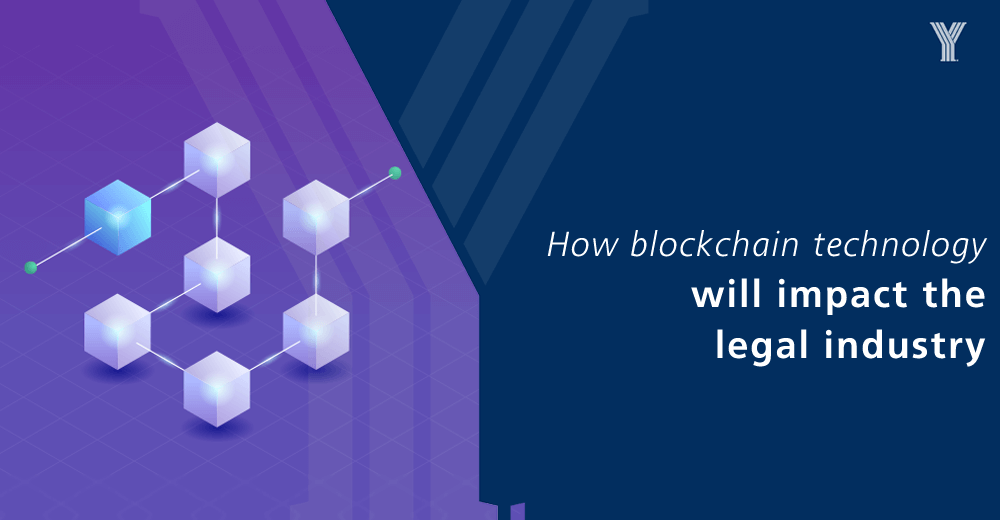How blockchain technology will impact the legal industry

We hear nowadays a lot about cryptocurrencies, tokens and NFT’s. However, the underlying technology behind all these is blockchain technology or Digital Ledger Technology (DLT). Blockchain as described by many experts in finance and fintech technologies is the fourth industrial revolution and it will be applied in many aspects in our lives in this century. The technology is currently being tested for general application use in financial services and financial transactions, digital services, energy and logistics.
In simple terms, Blockchain is a decentralized ledger. Decentralized means there is not a central authority that controls the transactions made in the network. The network is a peer-to-peer network that all the members within the network confirm transactions made in the network.
The legal industry will not be left out from this evolution, as many aspects of the legal profession will change dramatically in the next few years. There are a lot of applications that can make the legal services faster, more secure and with transparency. Electronic signatures provide swiftness and significantly reduce costs in the authentication process. Signing a document in the blockchain costs almost nothing in contrast with platforms that provide this service. The need for the process of authentication ceases to exist. Electronic signatures submitted in the blockchain network, stand autonomously from the document itself, which provides the capability for parallel signing and independent verification eliminating the need for full access to the content of the document. If the parties digitally sign a smart contract, they instantaneously agree to the terms and conditions of the agreement.
Another important application in the legal sector will be smart contracts. Smart contracts are digital contracts verified on a blockchain network that are automatically executed at the time when their terms and conditions are satisfied. The terms of the contracts are written in a specific way with commands like programming languages. These, will often include commands such as “if”, “when”, “then”. The peer-to peer network will execute the predetermined conditions that are met and verified. Practical applications are: releasing funds, registering vehicles, issuing tickets. When the transaction will be completed, then it will be verified in the blockchain, and the transaction cannot be altered in any way. Only parties whom permission was granted will be able to access the results of the execution in the blockchain. Smart contracts provide speed, efficiency and accuracy, trust and transparency, high level of security and of course huge reduction in costs, as there is no need for an intermediary to process the transaction.

